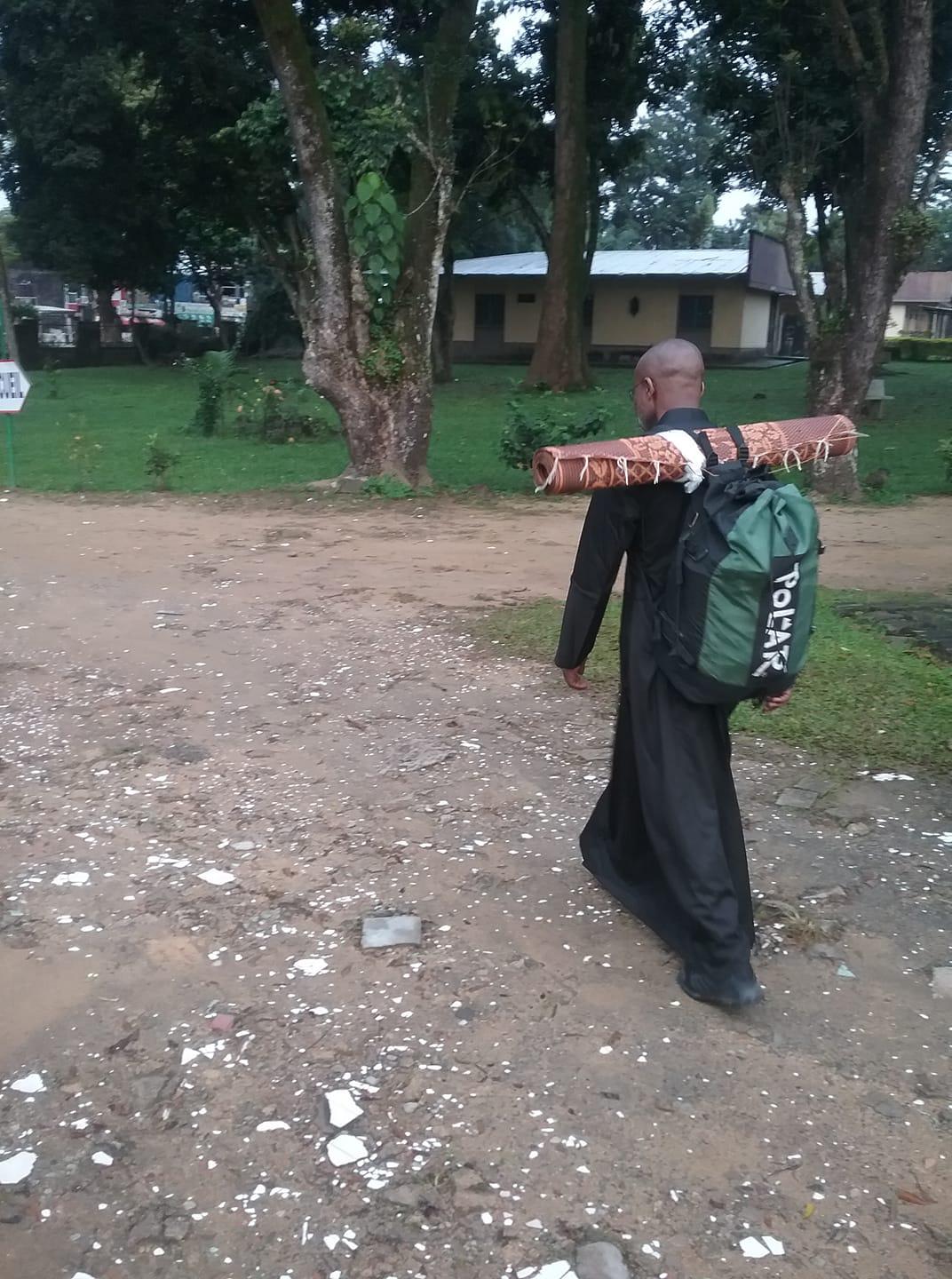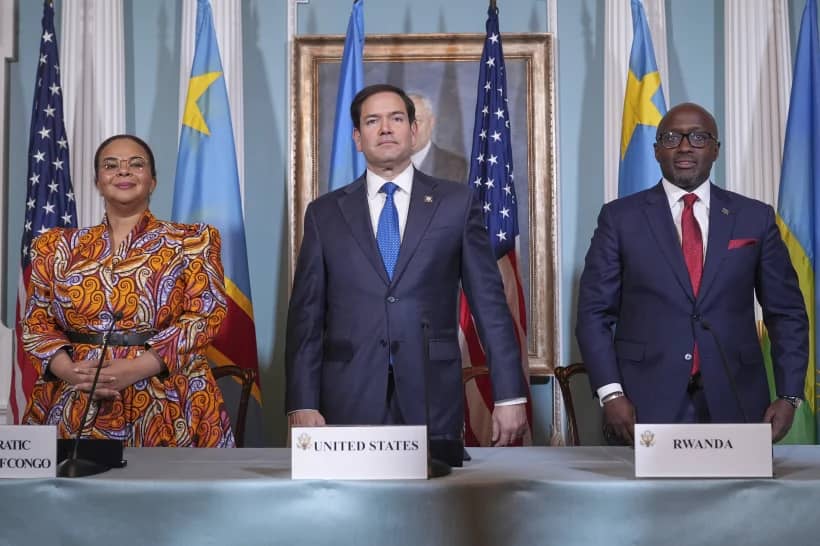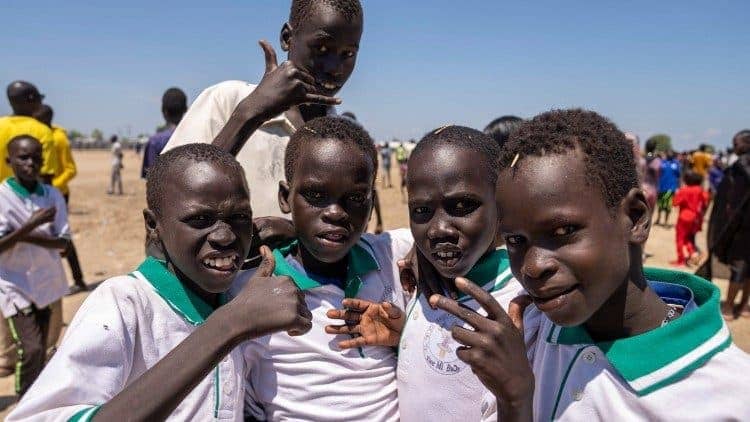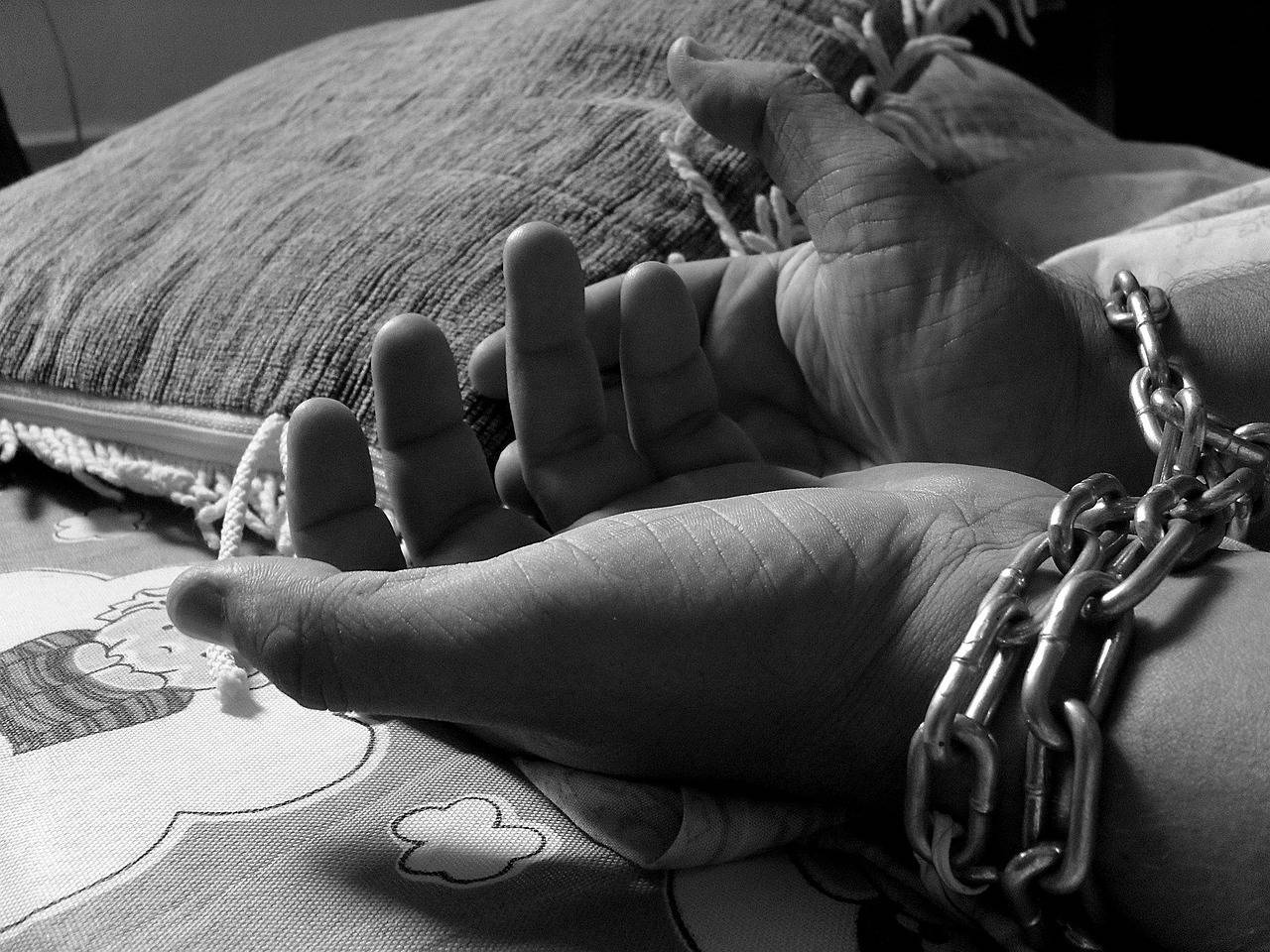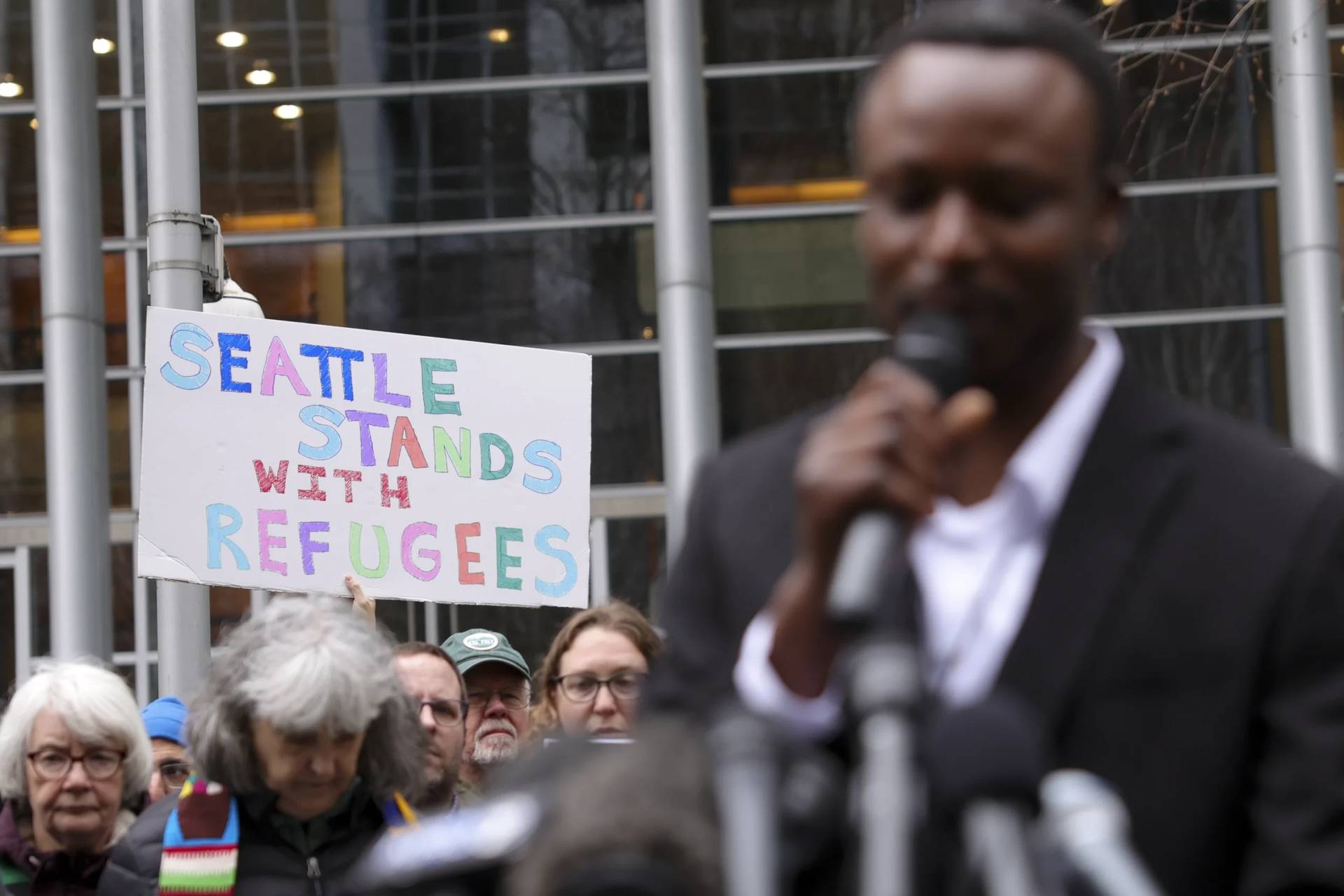YAOUNDÉ, Cameroon – A Jesuit priest attempting a pilgrimage for peace in Cameroon was detained by police, who accused him of “an illegal activity on a public road.”
Father Ludovic Lado left Douala, Cameroon’s economic capital, on Oct. 12 on a motorbike to Japoma, where he was set to begin his 10-day walking pilgrimage to Yaoundé, the national capital.
“It wasn’t easy getting to the starting point especially given that kids were going back to school. And I could not help thinking about the thousands of school children who won’t still be going to school in Cameroon’s English-speaking regions,” he said.
The priest’s pilgrimage was meant to facilitate prayer for peace in the country, especially to the troubled English-speaking North West and South West regions, which has been plagued by fighting between the government and separatist rebels for over three years.
However, the priest was stopped and arrested by police in Edea, just 30 miles from Douala.
RELATED: Priest vows perilous pilgrimage to end Cameroon’s Anglophone crisis
“There were about eight police officers who took us to their station,” Ludovic recalled.
He said the police wanted to know the purpose of his walk, and whether it had any political undertones. They asked him if he was an apologist for opposition leader, Maurice Kamto.
Kamto was put under de facto house arrest after leading demonstrations against the administration of President Paul Biya, who has ruled Cameroon since 1982.
Security forces violently suppressed the Sept. 22 protests and arrested over 600 demonstrators.
Ludovic said he told the police he was on “a pilgrimage for peace in Cameron, especially in the North West and South West Regions.”
The priest said he further told the police that he was apolitical, although as a citizen, he has a right to political opinions. He also noted that a pilgrimage like the one he was carrying out is a normal religious practice and therefore not subject to any authorizations.
′′The Church is not above the law,” Ludovic recalled the police commissioner telling him, adding that priest was carrying out “an illegal activity on a public road.”
The priest and a photographer accompanying him were then loaded into a police van and taken towards Yaoundé, where he went through another interrogation.
He was eventually returned to Douala with no charges filed against them.
Despite the intimidating tactics, Ludovic says he won’t be cowed into silence.
“Fear is a bad thing, and I do not intend to live the rest of my life on earth like a slave. The freedom of the children of God is a divine right,” the priest said. “As soon as I settle some details with my religious hierarchy, I intend to continue to enjoy my civil and political rights.”
His pilgrimage has the theme “Where is your brother?” – the same question God put to Cain after he murdered Abel – and applying it to Cameroon’s Anglophone Crisis.
“Yes, where are our North West and South West brothers and sisters? Some died, often in atrocious conditions; others remained in the country but are dispersed in our towns and countryside, often at our doorsteps; still others have taken refuge outside the country. Most are in the North West and South West regions where their dignity is tested daily by precariousness. In the face of all of this, I am unable, as a pastor, to rest. I have therefore decided to undertake this pilgrimage which I offer to the Lord Jesus Christ, the Prince of Peace, justice, reconciliation and mercy,” he wrote in an Oct. 10 letter announcing his pilgrimage.
“I am walking to pray and plead on the one hand for dialogue, justice, peace and reconciliation in the North-West and South-West of Cameroon and on the other hand to do penance for the reparation of crimes against human dignity committed in these regions. I walk so that human blood stops flowing in our country.”
The crisis began in 2017, after teachers and lawyers went on strike over perceived attempts by the central government to assimilate the common law and English education systems Cameroon’s Anglophone regions inherited from their previous British colonial government. The rest of Cameroon is Francophone, and inherited France’s civil code legal system, and French educational system.
The strikes were violently supressed, giving rise to a separatist movement attempting to establish an independent state to be known as Ambazonia.
At least 3000 people have been killed in the conflict, and more than a million forced from their homes.
“I walk in solidarity with the internally displaced and the refugees of this useless war. I walk to exorcise in me and in us the demon of indifference,” Ludovic wrote.
“I walk so that Cameroonians may again freely exercise their constitutional right to peacefully demonstrate,” the priest added.
